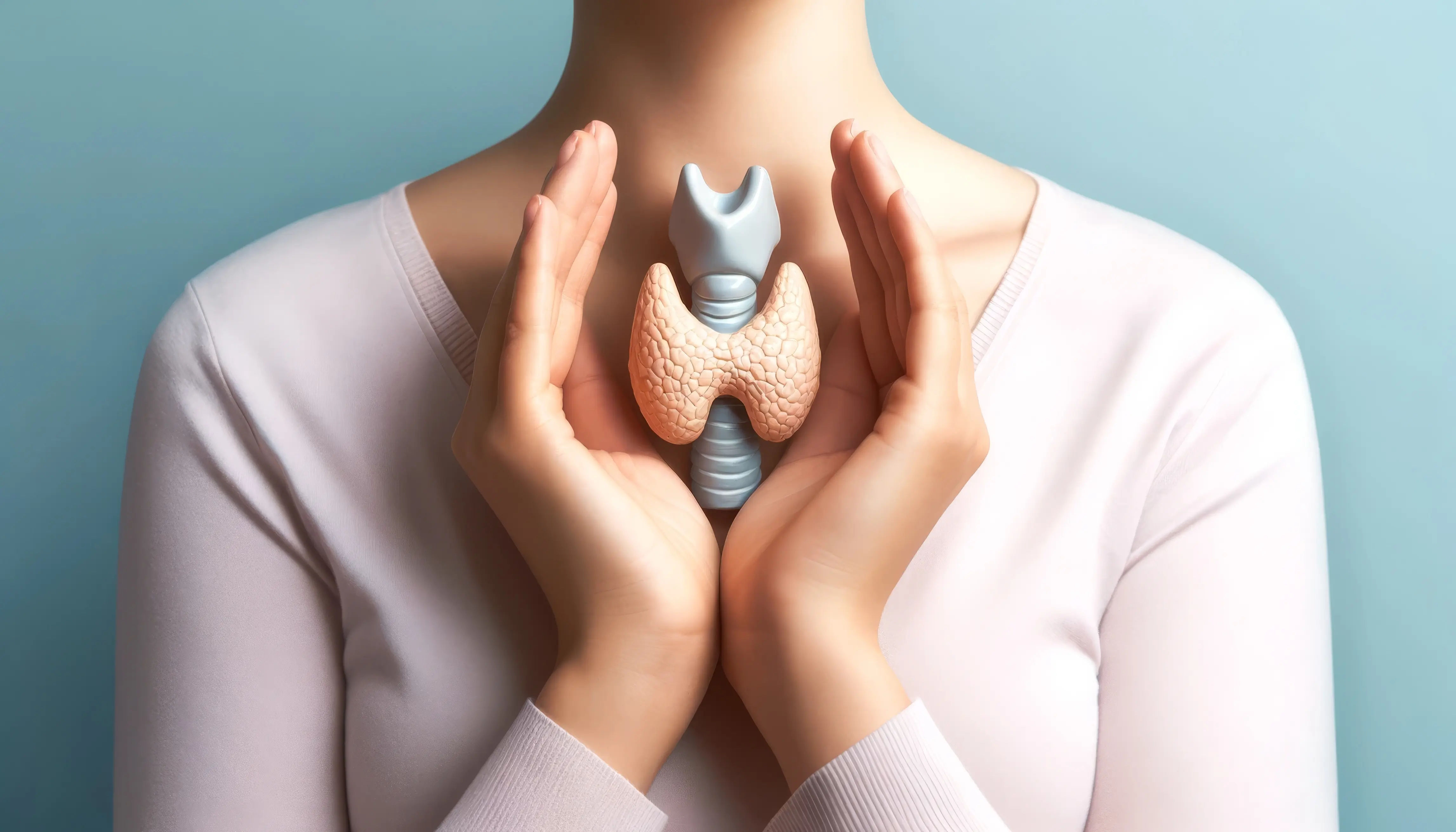- female
- 50 Years
- 31/03/2021
Is blood sugar of 135 high?
Answered by 1 Apollo Doctors
Healthy blood sugar levels are: from 80â130 milligrams per deciliter (mg/dl) fasting and below 150 mg/dl 2 hours after eating food
Dr. Ibrahim Suggests...
Consult a Endocrinologist
Answered 04/07/2025
0
0

Ask Apollo
AI powered Health Chatbot
A blood sugar level of 135 mg/dL is slightly above the normal fasting range but may not be alarming depending on the context.
-
Fasting vs. Post-meal: a. Fasting: If this reading was taken after fasting (no food for at least 8 hours), it is considered higher than normal, as normal fasting blood sugar is usually below 100 mg/dL. A fasting level between 100 and 125 mg/dL is considered prediabetes, and 126 mg/dL or above suggests diabetes. b. Post-meal: If the 135 mg/dL was measured 1-2 hours after eating, it is generally within an acceptable range, as post-meal blood sugar can rise up to 140 mg/dL in healthy individuals.
-
Next steps: Discuss this result with your healthcare provider, who may recommend further testing like an HbA1c test or an oral glucose tolerance test to better understand your blood sugar control.
-
Lifestyle: Maintaining a balanced diet, regular physical activity, and monitoring your blood sugar as advised can help manage your levels effectively.
If you have symptoms like increased thirst, frequent urination, or unexplained weight loss, seek medical advice promptly.
Recommended next steps
Consult a Diabetologist or Take a HbA1c Test (Hemoglobin A1c) Test
Answered 20/08/2025
0
0

More Endocrinology Health Queries
View allHow long does it take to go blind from diabetes?
There's no particular timeline that stands true for all patients, it depends on many factors such as age of diabetes onset, control of blood sugars, lifestyle and regular check ups.
Answered by 1 Apollo Doctors
I'm 33 and looking to start male to female hormone replacement therapy but not surgery right now preferably pills or injections to develop feminine features. I've been searching for endocrinology doctors in Bengaluru, Bangalore, or Chennai for about 10 days but haven't found any leads. Can you recommend someone I can visit in person for a consultation?
Advised an endocrinologist opinon at Apollo hospital.
Answered by 1 Apollo Doctors
My blood calcium levels are high at 12.5 and urine tests also show excess calcium. The sestamibi scan points to the lower right lobe being affected. I'm worried about the surgery will it be done under general or local anesthesia? How long does the procedure usually take and what's the typical hospital stay? Also, which surgical method works best for this condition?
For high blood calcium caused by an overactive parathyroid gland, surgery is typically performed under general anesthesia, with the procedure taking around 1-2 hours, and a hospital stay of usually one night. Minimally invasive parathyroidectomy is the preferred surgical method for most cases.
Answered by 1 Apollo Doctors
Disclaimer: Answers on Apollo 247 are not intended to replace your doctor advice. Always seek help of a professional doctor in case of an medical emergency or ailment.


